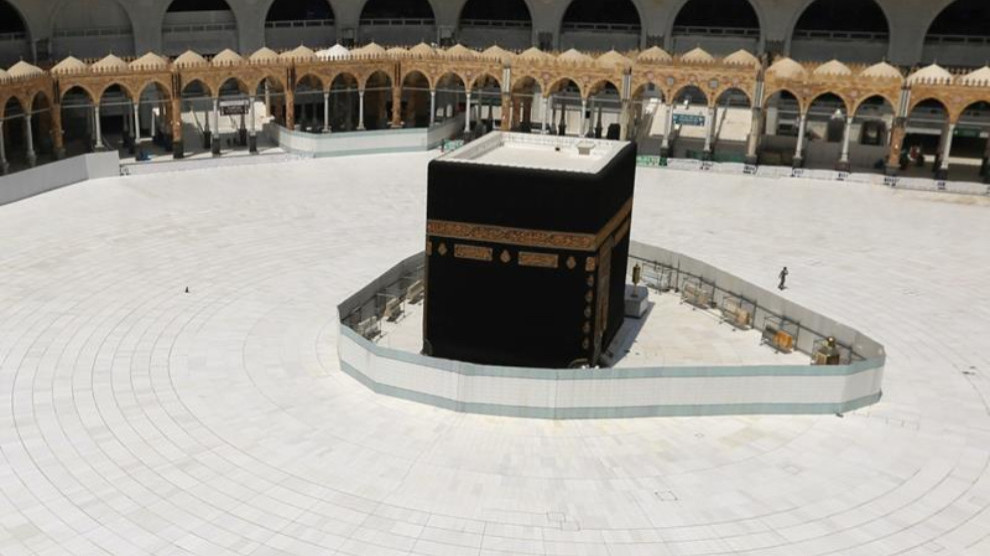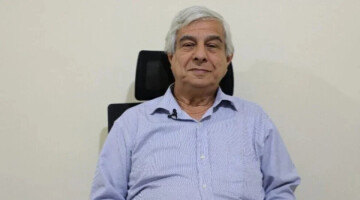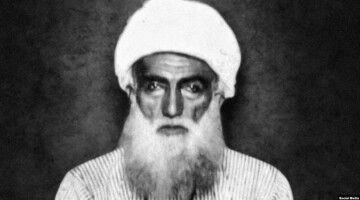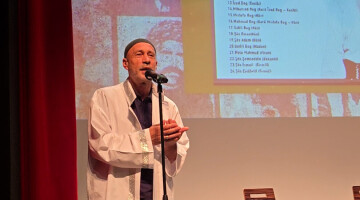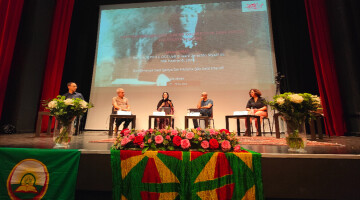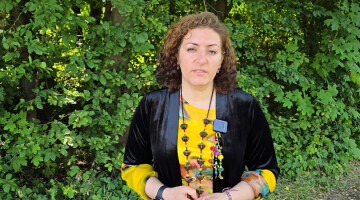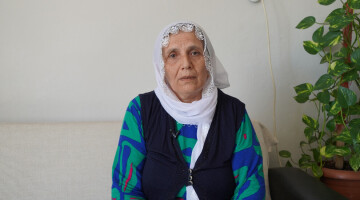Ramadan in times of coronavirus means no large gatherings at evening meals (iftar), no nocturnal prayers in the mosque (tarawih), no trips to the holy cities of Islam, and no gatherings between friends until late at night.
The month of Ramadan will begin on 23 April this year.
From Saudi Arabia to Morocco, through Egypt, Lebanon or Syria, Muslims in the Middle East are preparing for one of the most unusual ramadans.
"We are used to seeing the Great Mosque crowded with people day and night, all the time. It is a deep suffering," confesses Ali al Molla, in Mecca, to AFP.
In recent weeks, instead of the usual crowd of people, an unprecedented emptiness has surrounded the Kaaba of the Grand Mosque.
To contain the spread of the new coronavirus, the Saudi authorities suspended the umrah, the pilgrimage to Mecca and Medina.
And Saudi Arabia is also thinking to cancel the great annual pilgrimage, the hajj, in late July. Riyadh has asked the muslims to suspend their travel arrangements to the holy city of Islam.
Religious authorities in several countries have supported these restrictions and insisted on the need to pray at home to avoid crowds.
In Jerusalem, which is home to Al-Aqsa Mosque, the third holy place in Islam, Grand Mufti Mohammad Hussein announced similar restrictions on prayer during Ramadan.
The World Health Organization (WHO) called on countries to "prevent large numbers of people from gathering in places associated with Ramadan activities, such as entertainment venues, markets and shops".

